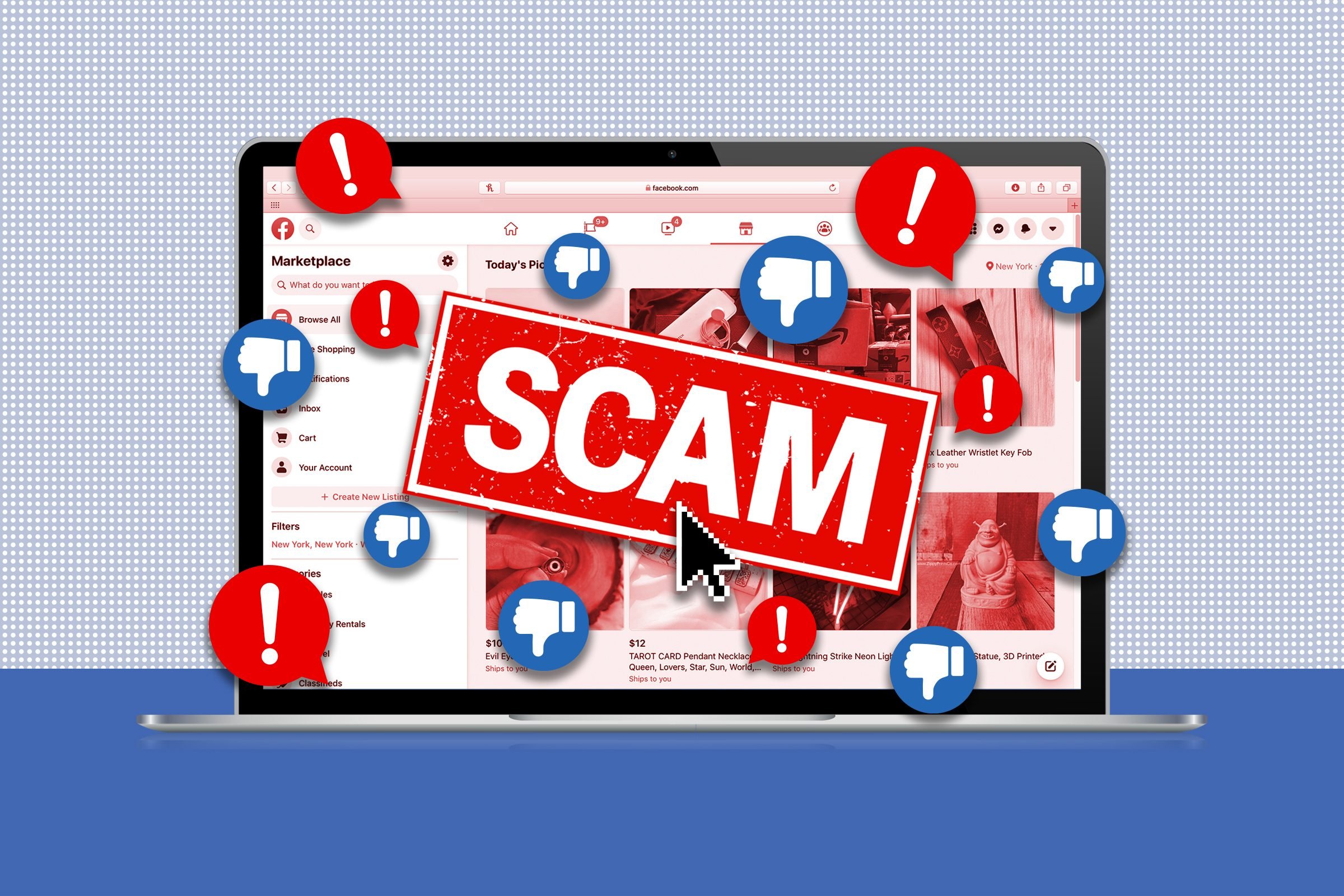Fraudsters are using new tactics to trick people into paying for fake electricity and water bills, parcels, and other items.
By: Javid Amin
In one recent case, a woman from Gurugram received a call from someone claiming to be an IPS officer. The caller told her that a parcel containing drugs and foreign currency had been confiscated at the airport in her name. The caller then threatened to charge her with money laundering and other crimes unless she transferred Rs 8.4 lakh to them. The woman, fearing for her reputation, transferred the money. However, upon realizing that she had been scammed, she filed a complaint with the police.
In another case, a woman from Kalyan was duped by scammers who pretended to be customer care operators of a courier company. The scammers contacted the woman and told her that she had a parcel waiting for her. They then asked her to pay a fee to claim the parcel. The woman refused to pay the fee, but the scammers continued to pressure her. Eventually, the woman paid Rs 2.7 lakh to the scammers.
These are just two examples of the many ways that fraudsters are tricking people into paying for fake items. It is important to be aware of these scams and to take steps to protect yourself. Here are some tips:
- Never give out your personal information over the phone or in an email.
- Be suspicious of any unsolicited calls or emails.
- Do not click on links in unsolicited emails or text messages.
- Check the URL of any website before entering any personal information.
- If you are unsure whether a call or email is legitimate, hang up the phone or delete the email or text message.
If you think you have been the victim of a scam, you should report it to the authorities. You can also contact your utility company or courier service to confirm whether there is a problem with your bill or a parcel waiting for you.
By being aware of these scams and taking steps to protect yourself, you can help to prevent yourself from becoming a victim.
Here are some additional details about the scams:
- The parcel scam: In this scam, the scammers will call you and claim that you have a parcel waiting for you. They will then ask you to pay a fee to claim the parcel. The parcel is usually fake, but the scammers will often use a real tracking number to make it seem more legitimate.
- The courier fraud scam: In this scam, the scammers will call you and claim to be from a courier company. They will tell you that there is a problem with your delivery and that you need to pay a fee to resolve the issue. The fee is usually small, but the scammers will often pressure you into paying it.
These are just two examples of the many scams that are out there. By being aware of these scams and taking steps to protect yourself, you can help to prevent yourself from becoming a victim.
How to make a complaint in case a person is duped
Follow these steps to make a complaint in case of unauthorised transaction.
- A summary of the complaint’s facts, including how the alleged person contacted them.
- Take a screenshot or a copy of the claimed SMS, profiles, or emails.
- Gather documentation proof (screenshots, bank transaction statements).
- File a complaint with the local police station, detailing the entire incident and including the already mentioned documentation.
- Make a soft copy of all of these papers and give them to the Investigating Officer on a CD-R, as well as a physical copy.
Safety precautions as suggested by Cyber Cell
- Always be suspicious of unwanted phone calls, emails, or SMS messages.
- Never give out credit or debit card information to anyone posing as a bank official or customer service representative.
- Never enter credit card information onto the Internet form supplied by a caller. It’s possible that your credentials have been stolen.
- Do not download remote access apps because they will provide a fraudster access to all of your chats and emails.
- Never click on links in phishing messages and emails purporting to be from government agencies, officials, banks, or other financial institutions. They infect your device with malware or spyware.
- Be cautious while scanning a QR code that has been supplied to you in order to get payment. It’s possible that you’ll lose money in your account.
- Be wary of phoney customer service numbers that pop up in web searches. For all online accounts, use two-factor authentication (password + OTP).






